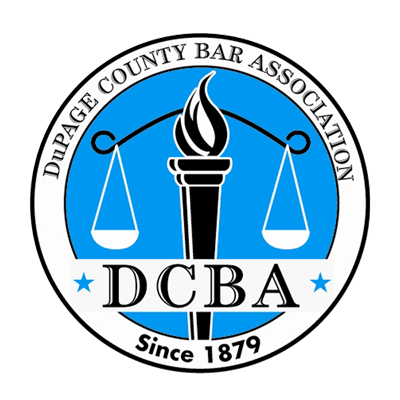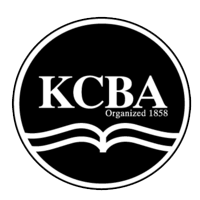
Most people are concerned with driving too far above the speed limit and getting a ticket, so it’s interesting to find out many states have minimum speeds for different roadways. For instance, on highways in Florida, the minimum speed is 40 miles per hour, except when the posted speed limit is 70 miles an hour, then the minimum is 50 miles per hour.
Alternatively, here in Illinois, the maximum speed limit on interstate highways outside of urban areas is 70 miles per hour. Still, it’s 65 miles per hour on rural interstates, and the minimum speed allowed is 45 miles per hour. If motorists drive below that minimum speed, they will likely be pulled over and issued a ticket.
Why is Driving Slow Dangerous?
Generally, driving too slowly can be just as dangerous as driving too fast. When you drive too fast, you put the drivers around you in danger of getting hurt. For example, if you are going thirty miles over the speed limit, other drivers may not have time to notice you before changing lanes. Even if their blinkers were on, your speed would make it unsafe for them to change lanes in front of you without being hit from behind. Additionally, if you were going that speed when you collided with them, it would likely cause a catastrophic, if not fatal, accident for both of you.
Driving too slowly also inhibits other motorists from driving safely. If the speed limit is 70 miles per hour, and you are going 30 miles per hour in the center lane, a regular, law-abiding motorist wouldn’t have time to slam on their brakes and avoid hitting you. Further, driving too slowly can compel other drivers to try and navigate around your vehicle, sometimes taking paths to pass that are not in safe locations.
Illinois Speed Minimum Law
In Illinois, there is no specific law that bans driving slowly, but state legislation states that vehicles cannot be driven so slowly that they block or impede the normal flow of traffic. Moreover, it specifies that vehicles driving less than the average speed of traffic must be in the right-hand lane or as close as possible to the right-hand edge of the highway. Unfortunately, even in these lanes, accidents can happen.
If a driver violates these rules – not blocking or impeding traffic on a street or highway – they will be issued a ticket for $250. Slow drivers can also face further fines and sanctions if law enforcement discovers another crime during the traffic stop.
For instance, sometimes intoxicated motorists drive slower than the speed limit to be safer and avoid police detection. When pulled over for driving too slowly, the intoxicated driver will likely face a driving while under the influence (DUI) charge and the traffic citation.
DUIs are considered a Class A misdemeanor in Illinois and are subject to five days imprisonment or 240 hours of community service and suspended vehicle registration. If this is the driver’s second DUI conviction within 20 years, they risk losing their license for a minimum of five years.
Reckless Driving in Illinois Includes Driving Slowly
Under Illinois law, motorists can be charged with reckless driving if they operated the vehicle with a willful or wanton disregard for the safety of property and other people or if they knowingly and intentionally used an incline in the road to become airborne. Thus, in the case of slow drivers, a motorist can be charged with reckless driving if law enforcement believes that their slow driving was done with a conscious or shameless disregard for others and their property.
Like a DUI, reckless driving is also a Class A misdemeanor and carries up to one year in jail and up to $2,500 in fines. But if your slow, reckless driving caused another person great bodily harm, or a permanent disability or disfigurement, you could be charged with a Class 4 felony reckless driving charge. Class 4 felony charges are subject to up to three years in prison and up to $25,000 in fines.
Facing a Slow Driving Charge? Cullotta Law Can Help
When you are charged with a traffic offense in Illinois, having a solid defense is important, especially when facing more than your regular ticket. The experienced attorneys at Cullotta Bravo Law Firm can help. Call 630-898-7800, or contact us online.





